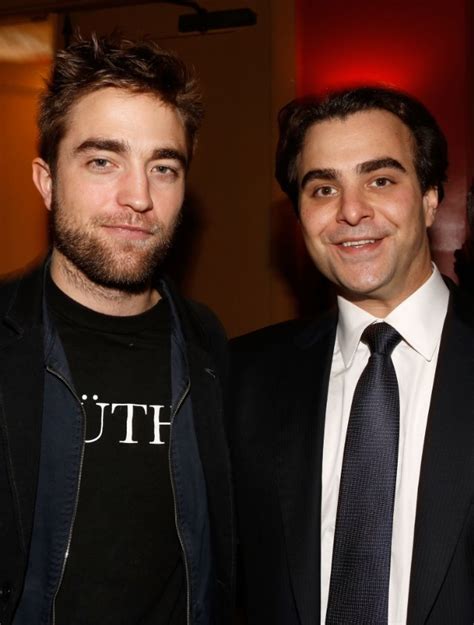A Quote by Dominick Dunne
People are fascinated by the rich: Shakespeare wrote plays about kings, not beggars.
Quote Topics
Related Quotes
I saw rich beggars and poor beggars, proud beggars and humble beggars, fat beggars and thin beggars, healthy beggars and sick beggars, whole beggars and crippled beggars, wise beggars and stupid beggars. I saw amateur beggars and professional beggars. A professional beggar is a beggar who begs for a living.
The Greeks used to use the same stories, the same mythology, time after time, different authors. There was no premium placed upon an original story, and indeed, Shakespeare likewise. A lot of people wrote plays about great kings. They didn't expect a brand-new story. It was what that new author made of the old story. It is probably the same now. We disguise it by inventing what seem to be new stories, but they're basically the same story anyway.
Here was a woman about the year 1800 writing without hate, without bitterness, without fear, without protest, without preaching. That was how Shakespeare wrote, I thought, looking at Antony and Cleopatra; and when people compare Shakespeare and Jane Austen, they may mean that the minds of both had consumed all impediments; and for that reason we do not know Jane Austen and we do not know Shakespeare, and for that reason Jane Austen pervades every word that she wrote, and so does Shakespeare.
Why is the public so interested in movies about the wealthy? My answer is that Shakespeare wrote about kings. That's where the action is. And it's the classic, cathartic thing. You get to indulge in a lifestyle you're not part of, a tragic error leads to a downfall, and you get to say, 'Thank God I'm not him.'
People are going to say, ‘Well, it’s not very truthful.’ But a songwriter doesn’t care about what’s truthful. What he cares about is what should’ve happened, what could’ve happened. That’s its own kind of truth. It’s like people who read Shakespeare plays, but they never see a Shakespeare play. I think they just use his name.
In the work of the greatest geniuses, humble beginnings will reveal themselves somewhere, but one cannot trace the slightest sign of them in Shakespeare ... I am not concerned with who wrote the works of Shakespeare ... but I can hardly think it was the Stratford boy. Whoever wrote them had an aristocratic attitude.

































